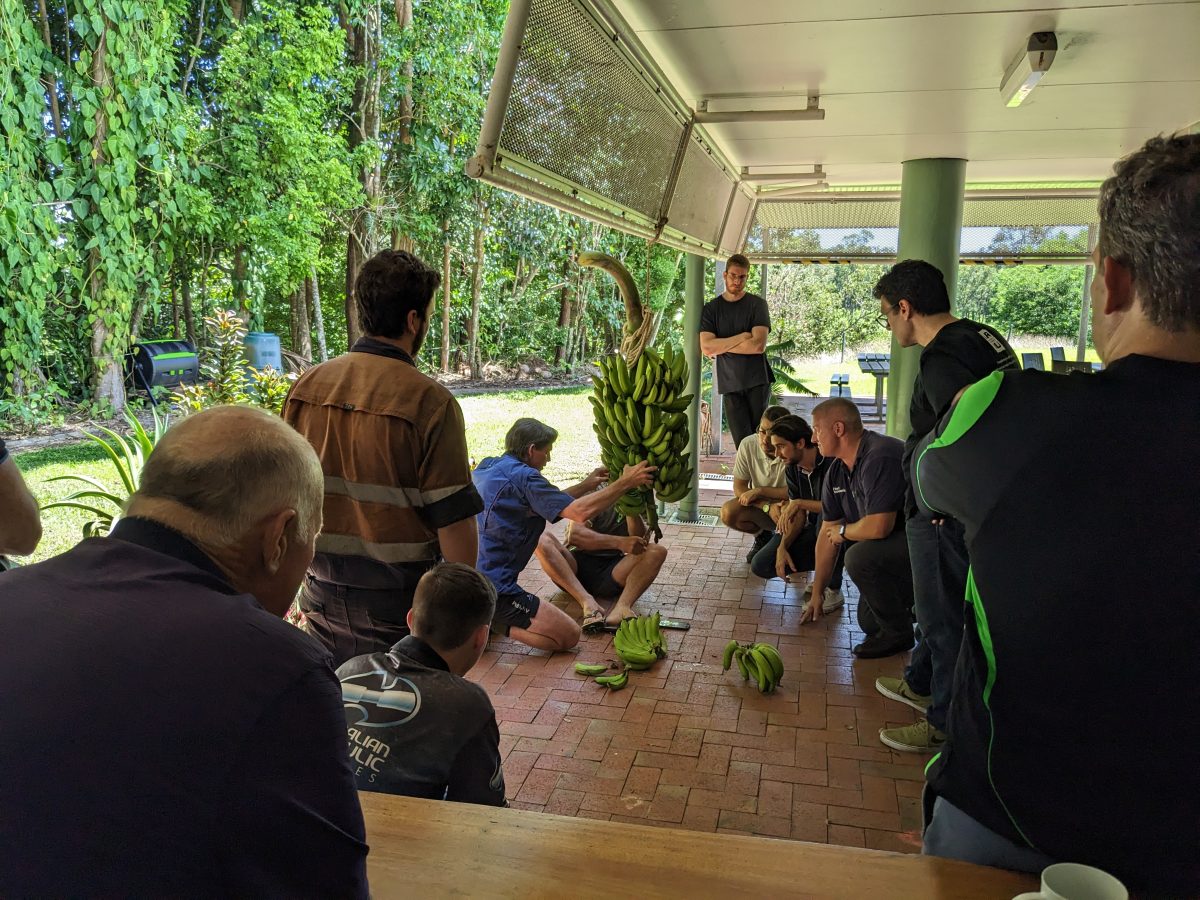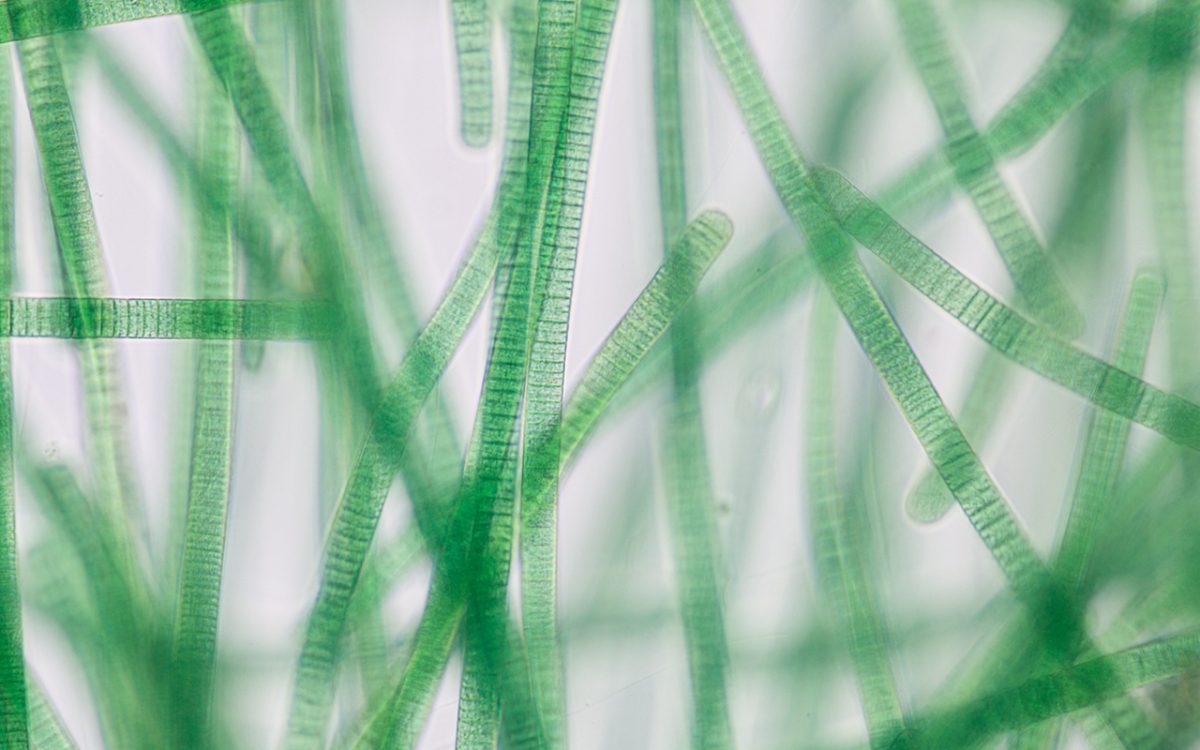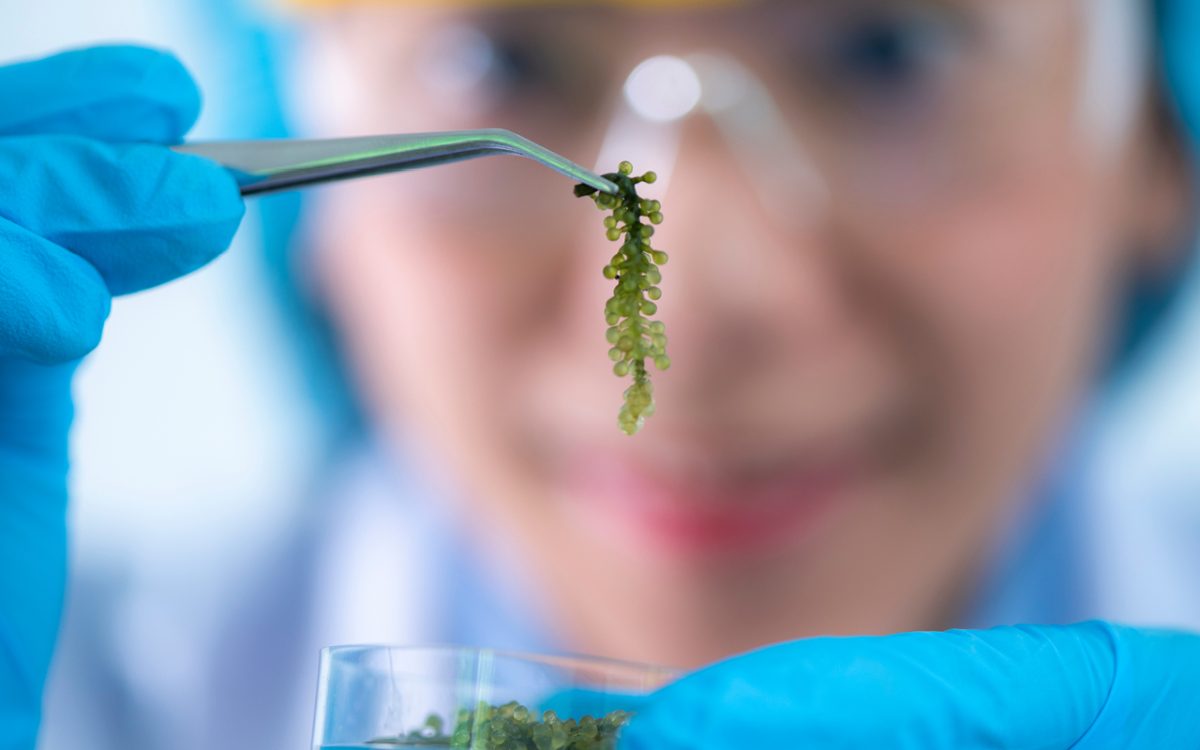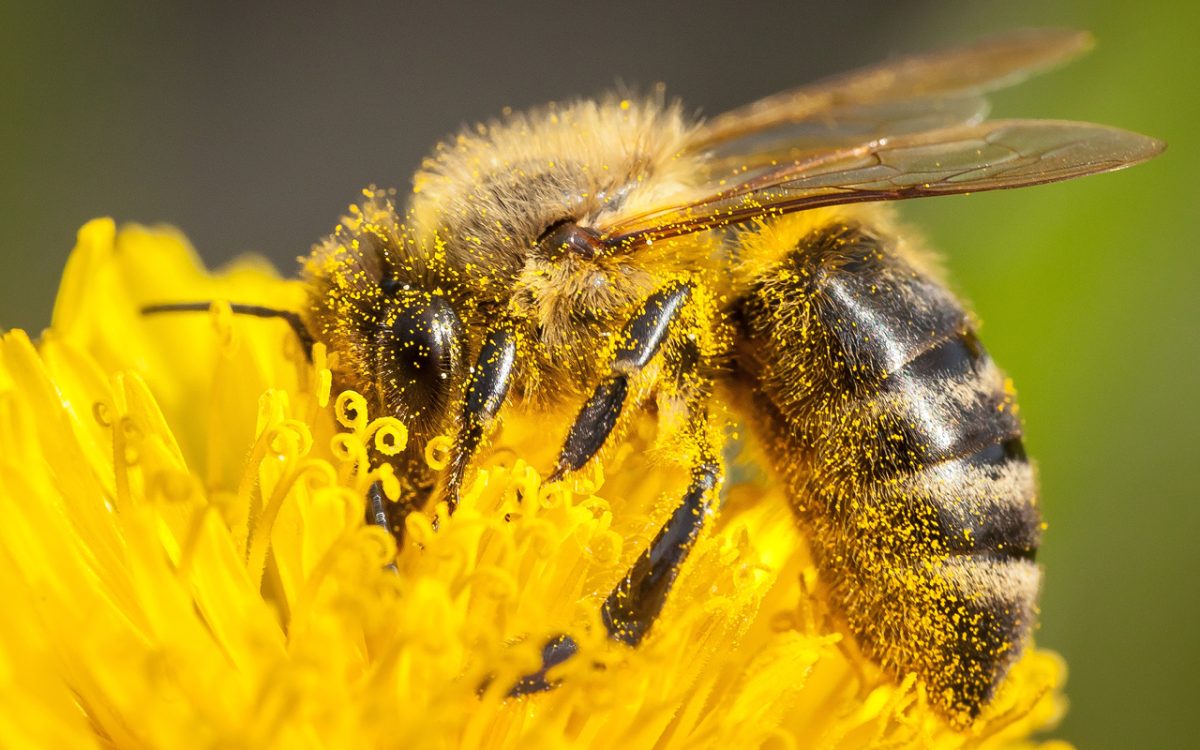Mission MushVroom will be the first study to cultivate and grow mushrooms in space. Oyster mushrooms are the perfect space crop, helping astronauts meet their nutritional needs on long-duration space missions like those to Mars, while closing the loop in plant agriculture and helping to minimise inputs and waste. They are quick to grow, double in size every day, and have nutrients found across food groups, including the unique ability to make vitamin D on UV exposure- the only supplement currently given to astronauts on the International Space Station.
Research Projects
This PhD project investigates how rice genotypes vary in their capacity to acclimate photosynthetic and respiratory functions under heat stress, and whether these responses are modified by the availability of N and P. The study combines controlled environment trials at the University of New England (UNE) Australia, field experimentation at the Alliance of Bioversity International and the International Center for Tropical Agriculture (CIAT) Columbia, and simulation modelling using ORYZA software at the International Rice Research Institute (IRRI) Philippines. This integrative approach enables both empirical and predictive assessments of heat stress responses across a range of nutrient regimes.
P2-044
P1-045
In ProgressEnhancing resilience and efficiency in Australia’s supply chains through optimisation and smart logistics
This project focuses on enhancing the food distribution system within the Western Sydney Agribusiness Precinct by leveraging infrastructure investments, digital technologies, and sustainability-focused policies. Through the analysis of best practices and the development of data-driven forecasting models, the research addresses knowledge gaps in logistics planning and transport optimisation. The study incorporates advanced tools for AI-driven logistics and climate-smart agricultural practices, with the goal of reducing bottlenecks and improving supply chain responsiveness.
P1-045
This project integrates high-throughput phenotyping, machine learning, and molecular biology to develop a non-invasive method for predicting Tcrit and investigating the regulatory mechanisms underlying its acclimation. The goal is to identify genotypic variation and physiological traits linked to PSII resilience and to enable rapid, scalable selection of heat-tolerant genotypes across both horticultural and broad-acre crops.
P2-043
This project is developing a CRISPR-Cas12a-based molecular diagnostic tool, integrated with a lateral flow assay (LFA) for visual detection. Designed for field deployment, the system allows rapid, sensitive identification of Diaporthe citri infections directly in orchard conditions. With results available in approximately 60 minutes, this approach enables real-time disease surveillance and early intervention.
P2-042
P3-035
In ProgressCultivation of newly isolated cyanobacterium for high-value functional food and sustainable food packaging materials
This project aims to optimise biomass cultivation conditions to maximise the co-production of phycocyanin and bioplastic precursors. By refining parameters such as nutrient supply, light intensity, and cultivation systems, the research seeks to enhance yield and efficiency, enabling scalable production of both high-value pigment and biodegradable materials.
P3-035
Mission MushVroom will be the first study to cultivate and grow mushrooms in space. Oyster mushrooms are the perfect space crop, helping astronauts meet their nutritional needs on long-duration space missions like those to Mars, while closing the loop in plant agriculture and helping to minimise inputs and waste. They are quick to grow, double in size every day, and have nutrients found across food groups, including the unique ability to make vitamin D on UV exposure- the only supplement currently given to astronauts on the International Space Station.
P1-046
P3-033
In ProgressEnhancing sustainable food production: Salinity adaptation in halotolerant diatom for agrifood
This PhD project investigates the photosynthetic response of halotolerant diatoms to varying salinity levels. By analysing how these organisms adapt to salinity stress, the study aims to inform optimal cultivation strategies that maintain high photosynthetic performance and stable production yields in industrial settings.
P3-033
This project investigates the connections between leaf structure, sugar and starch dynamics, and grain carbohydrate profiles in wheat under heat stress. Through a combination of field and laboratory experiments and advanced metabolomics techniques using LC-MS, the study will identify and quantify the key primary and secondary carbohydrate metabolites that influence grain quality. The focus is on understanding the source-sink interactions between leaves and grains to reveal how structural and metabolic traits contribute to heat tolerance.
P2-041
P2-030
In ProgressPollination of novel and emerging food crops grown under protected cropping conditions
This research project investigates the potential of select insect species to serve as effective pollinators for a range of innovative crops. By assessing the pollination efficiency and compatibility of alternative insects, the study aims to identify species that can complement or enhance existing pollination systems tailored to specific crop needs and production conditions.
P2-030
Taking a solutions-oriented approach, the project aims to reimagine how food relief systems could be better designed to tackle the full range of challenges that contribute to food insecurity. It will explore what a rights-based model of food relief governance might look like in the Australian context. This includes assessing policies, institutional arrangements, and delivery mechanisms to determine whether they promote dignity, sufficiency, and sustainability in food access.
P1-044
P3-030
In ProgressFrom farm to market: New Product Development and validation of health claims for ANABP 01 Apples
This project focuses on generating high-quality data on the nutritional composition and potential health benefits of ANABP 01 apples. Through targeted research and analysis, the study will support the development of value-added products while building a scientific foundation to back marketing claims. The evidence gathered will help position the variety more strategically in both domestic and global markets.
P3-030
Smart, sustainable, resilient food systems require smart, sustainable, resilient transport systems at the location, regional, national and international scale. The development of short-term and long-term transport, land use and infrastructure plans to support such systems is contingent upon effective freight scenario planning, which encompasses potential drivers of change in the freight task and future trends in supply chains, including technology, demographics, climate change energy sources and emissions, and unplanned events. However, collecting accurate freight data poses significant challenges and is often expensive. Existing freight models lack the necessary flexibility to incorporate and reflect dynamic changes due to the nature of one-time data collection. Consequently, these limitations hinder a comprehensive assessment of the impacts of infrastructure and land use plans.














